Everything you need to know about specifications and performance - Dodge Charger 2015 - SRT 392 6.4 HEMI V8 (485 Hp) Automatic
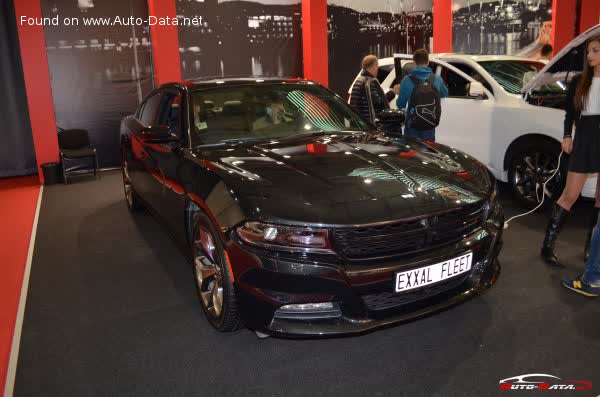
Overview:
What is the engine capacity of a Dodge Charger 2015?
The engine capacity of the Dodge Charger 2015 is 6417.
Dodge Charger 2015 How many horsepower?
The engine power of the Dodge Charger 2015 is 485 Hp @ 6000 rpm..
What is the Dodge Charger 2015 engine?
Dodge Charger 2015 engine is ESG. (Click to see other cars using the same engine)
How much gasoline does a Dodge Charger 2015 consume?
The Dodge Charger 2015 consumes 13.1 liters of gasoline per 100 km
What is the recommended oil for a Dodge Charger 2015 engine?
The recommended oil for a Dodge Charger 2015 car engine is 5W-30.
What type of camshaft transmission system is used in a Dodge Charger 2015 engine?
chain is used to transmit motion.
General:
Engine:
Performance:
Space:
dimensions:
Powertrain, Suspension and Brakes:
See also
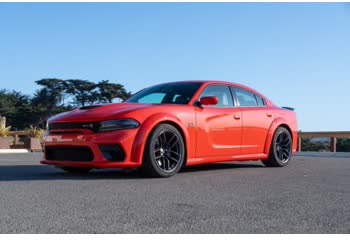
Last generation.
Its production began in 2020 until 2023
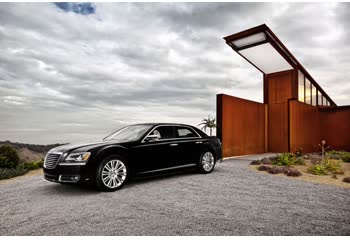
Same engine. (ESG).
Its production began in 2012 until 2014
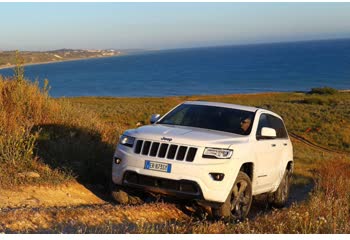
Same engine. (ESG).
Its production began in 2014 until 2016
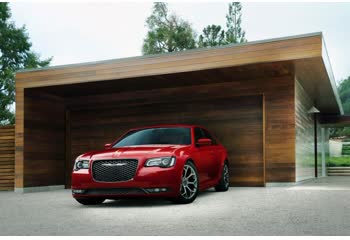
Same production year and almost the same engine capacity.
Its production began in 2015 until 2021

Write a comment